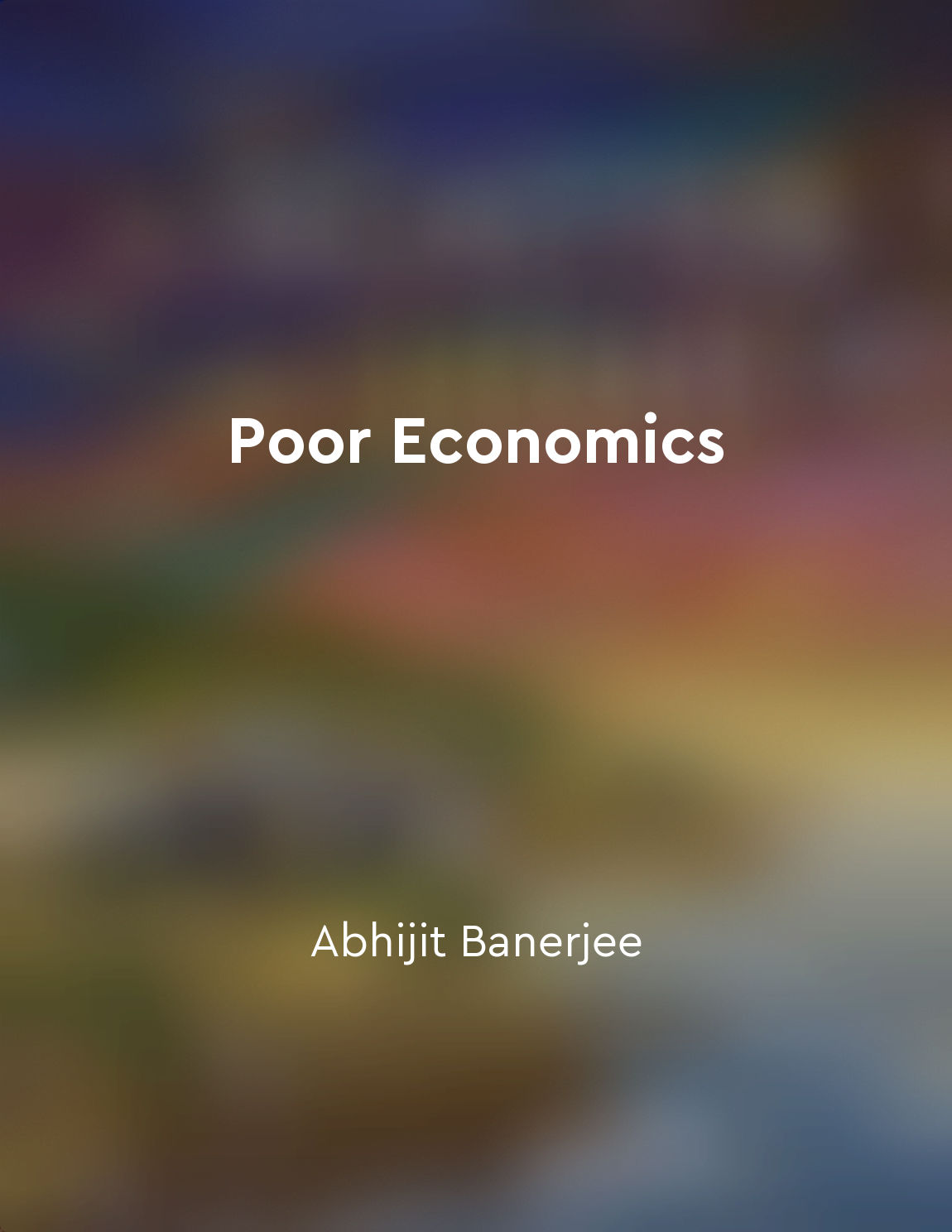Welfare programs can create dependency from "summary" of Capitalism and Freedom by Milton Friedman
One of the key arguments against welfare programs is the idea that they can lead to dependency. When individuals receive assistance from the government on a regular basis, they may become reliant on these benefits and lose the motivation to work and support themselves. This can create a cycle of dependency that is difficult to break. As Milton Friedman points out, welfare programs can inadvertently discourage people from seeking employment and developing their skills. If individuals can rely on government assistance to meet their basic needs, they may see little reason to pursue education or training that could lead to better job opportunities. This lack of incentive to work can ultimately harm both the individual and society as a whole. Furthermore, the provision of welfare can create a sense of entitlement among recipients. When individuals come to expect assistance from the government as a right, they may become less grateful for the support they receive and more demanding of additional benefits. This entitlement mentality can lead to an increase in government spending and a corresponding decrease in individual responsibility. In addition, welfare programs can perpetuate poverty rather than alleviate it. By providing assistance without any requirements for recipients to improve their circumstances, welfare can trap individuals in a cycle of poverty. Without the opportunity to learn new skills, gain work experience, and build a better future for themselves, recipients of welfare may remain stuck in a state of dependency for generations.- The concept of welfare programs creating dependency is a complex issue that has significant implications for both individuals and society. It is important to consider the unintended consequences of providing assistance to those in need and to carefully evaluate the long-term effects of welfare programs on the overall well-being of the population.
Similar Posts
Opportunity cost refers to the value of what is given up in order to choose something else
Opportunity cost is a fundamental concept in economics that plays a crucial role in decision-making. It refers to the value of ...
Danes are known for their understated fashion sense and love for neutrals
When it comes to fashion, Danes have a reputation for their understated style and preference for neutral colors. This penchant ...

Cultural factors can influence the success of poverty interventions
Cultural factors play a crucial role in determining the effectiveness of poverty interventions. These factors can shape the way...

Public education can stifle innovation and creativity
Public education, as it exists in many countries today, is often characterized by rigid structures and standardized curricula. ...


